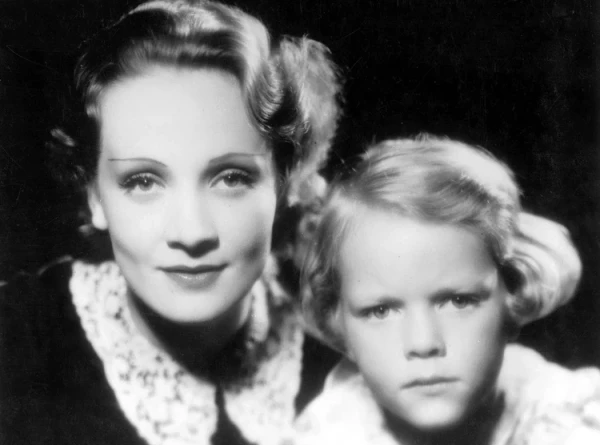
Even at the time of the book's publication in English, critics noted the overt hostility.
Maria Elizabeth Sieber was born on December 13, 1924. Her father was Rudolf Sieber, an assistant director at a Berlin film studio. Her mother was a 22-year-old aspiring actress, Marlene Dietrich. A few years later, she would become a Hollywood superstar and move her husband and daughter to Los Angeles. Many decades later, Maria would write memoirs about her.
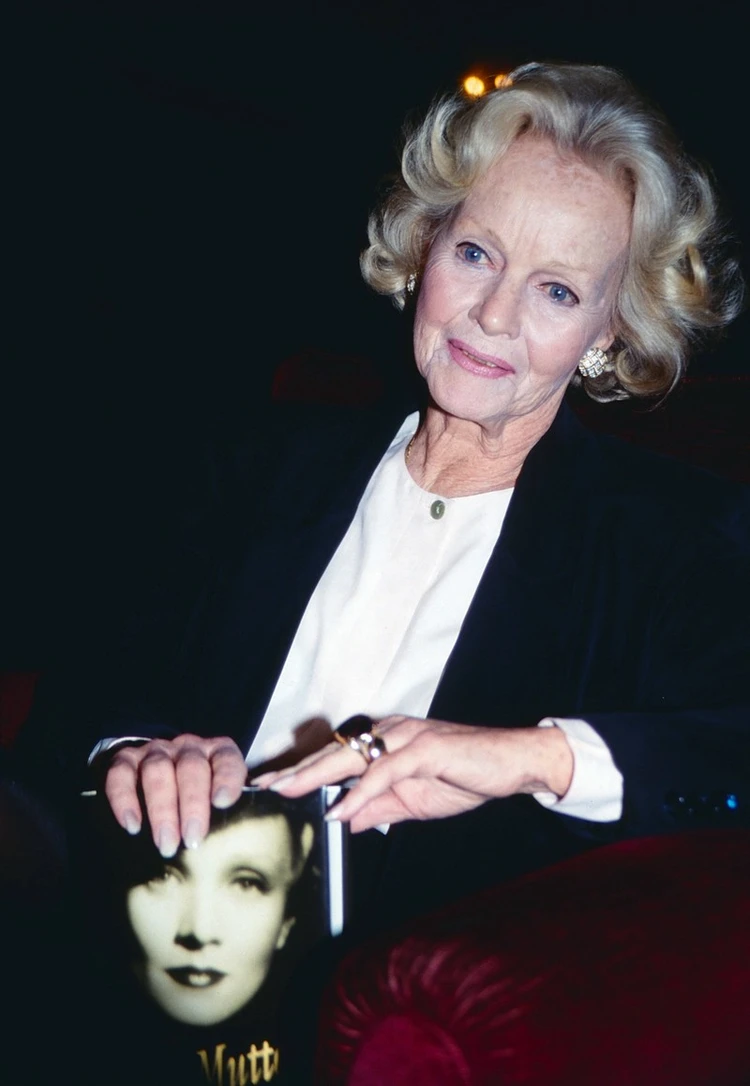
"Marlene died reading her daughter's memoirs," read the publisher's blurb when the book was released in Russia in 1998. This is not true: the book was published after the legendary actress's death. However, reading such a composition from her daughter could indeed make one clutch their chest and pass away. In 800 pages, Maria Riva unloads all of her mother's dirty laundry onto the astonished reader, revealing the most intimate details, showing everything that was hidden. Sexual preferences, abortions, illnesses, endless lovers—no one is forgotten, nothing is missed. Marlene Dietrich often appears self-absorbed, selfish, narcissistic, harsh, and cruel, and, of course, depriving her daughter of childhood.
In a 1994 interview, Maria stated: "Dietrich was a queen. My father was her majordomo, her lovers were her cavaliers, and I was a lady-in-waiting. I didn’t find this strange; I had nothing to compare it to." She detailed that she hardly interacted with other children until the age of 12 when she attended a party for rising star Judy Garland. Dietrich did not send her daughter to school and was very worried about her, especially after the tragedy involving pilot Charles Lindbergh (his twenty-month-old son was kidnapped, a huge ransom was demanded and paid, but the boy was later found dead). It seems obvious that Dietrich, who became one of the most famous women in the world in the early 1930s, did not want such a fate for her daughter. But Maria Riva had her own version of events: "The outside world sympathized with her caring efforts, believing she was merely shielding me from danger, when in reality she was just keeping me for herself."
Little Maria in this book appears as a servant to her famous mother—cleaning and tidying up after her, preparing tanning mixtures, helping with correspondence... And then she begins to recount how she was raped by her own governess. But, of course, the primary blame lies with the mother: "To some extent, I was prepared for the rape in advance. Always obedient, eager to please those who cared for me, easily influenced by others, I became an object of ownership, ready for use. If you are stripped of individuality, and others manipulate you as they wish, you involuntarily develop a more passive response, and you do not exercise your right to ask questions. (...) When you are violated, spurred on by the negligence of the one whom both nature and society regard as your 'loving' mother, it is a special hell. Why did my mother choose this woman and place her alone with me? Did she want me to be violated? What did I do to deserve such treatment? Mothers are supposed to love their children, protect them from harm. I was a good girl. Why did she want to punish me? Why did she wish for me to be hurt? What did I do? Am I really that bad?"
And in the fact that she became an alcoholic at a very young age, living on soup made from diluted ketchup and bourbon, and in the suicidal thoughts that haunted her, who is to blame... well, it's not hard to guess. Later, however, Maria pulled herself together, got married, became pregnant—and then her mother began advising her to get rid of the child: "I know you will insist that you want to have children, but remember: a child brings nothing but trouble and difficulties."
And about the decline of Dietrich, who died at the age of 90, Maria found many warm words: "Her legs had dried up. Her hair, in a fit of drunken madness, was roughly cut with manicure scissors and poorly dyed: purple-pink strands interspersed with dirty white. Her earlobes were heavily stretched. The teeth she was so proud of, because she still had 'all her own,' had turned black and chipped. Her left eye was clouded with cataracts, which she refused to have removed. Her once translucent skin resembled parchment. She emanated the smell of alcohol and decay."
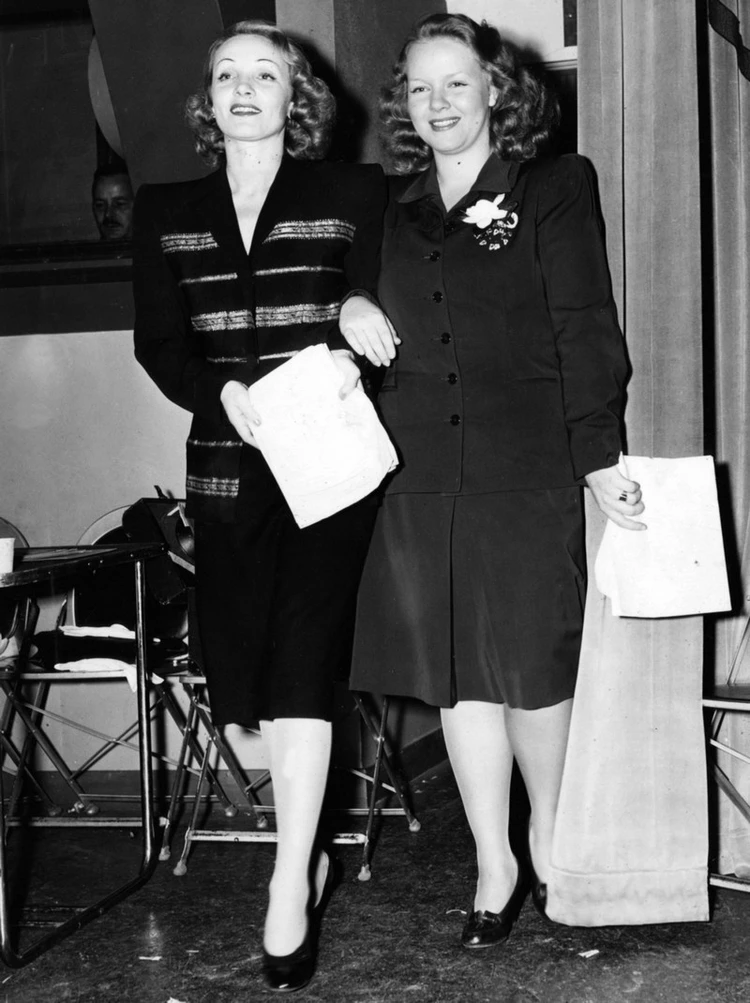
While reading, one involuntarily begins to notice the dialogues that fill the book. Little girl Maria supposedly remembered word for word and carried through the years everything that adults said in her presence—and now it seems she is transcribing conversations between her mother and Remarque, Hemingway, and other interesting people as if from a dictaphone. Amazing, isn't it? Even at the time of the book's publication in English, critics noted the overt hostility of the daughter towards her mother (this can easily be called hatred) and questioned whether the memoirs could be fully trusted. Even those who knew Dietrich well did not believe the memoirs, pointing out errors in elementary details. Fortunately, there was no shortage of other biographies: in just one year since May 1992, when Dietrich passed away, 55 books about her were published. And for some reason, in these biographies, she did not appear as a monster: yes, a Hollywood diva, an artist with her quirks, but still not a monster.
I remember that in the 90s, some mentioned Maria's jealousy towards her mother: she also became an actress and played hundreds of roles—but on television, in some instantly forgotten series, shows, commercials... She never came close to Dietrich's fame (she self-critically referred to herself as 'Dietrich for the poor'), and in 1962 she effectively ended her acting career—though she occasionally performed on stage, and in 1988 she appeared with Bill Murray in the film 'Scrooged.'
Everything that remained from her mother (letters, dresses, diaries, personal belongings) after her death was handed over to the city of Berlin for 5 million dollars (today, accounting for inflation, it would be more than 11 million).
In 2017, when she was over 90, she wrote and published her first and last novel—'You Were There, Before My Eyes,' about a young woman who emigrates from Italy to the USA in the early 20th century. It did not become a sensation.
One of her sons, Michael, passed away in 2012: he was a well-known production designer, worked on very popular films ('Lethal Weapon,' 'Tango & Cash,' 'A Few Good Men,' 'Charlie's Angels,' 'Iron Man'), received an Oscar nomination for Spielberg's film 'The Color Purple,' and died from a stroke suffered while filming 'Django Unchained' by Tarantino. Two of her other sons—Peter and John-Paul—are alive, as well as seven grandchildren and four great-grandchildren.




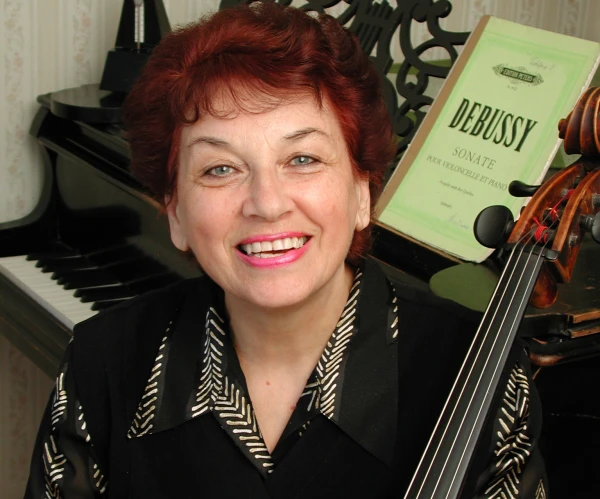
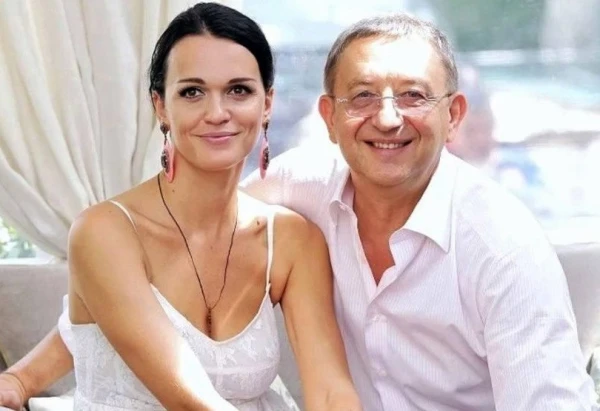

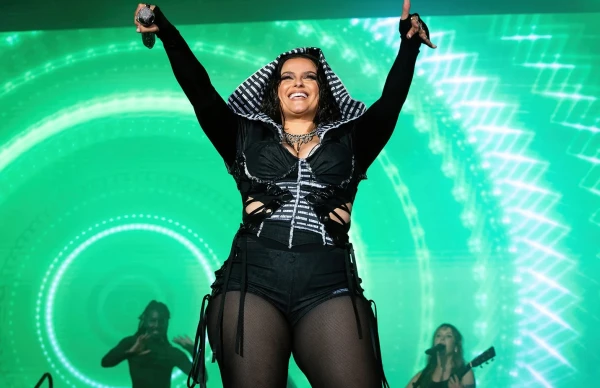







Leave a comment